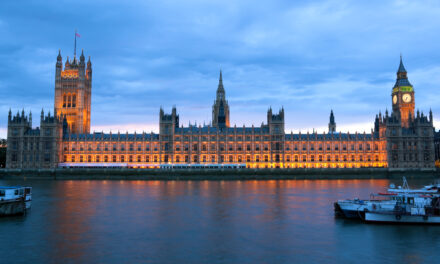Liberals have experienced a change of heart regarding their stance on mass immigration following what they deem a “huge influx” of civil servants, lecturers, and diversity officers. This shift in perspective has sparked conversations about the complexities of immigration and its impact on various aspects of society.
Previously known for their open embrace of diverse cultures and advocating for liberal immigration policies, some liberals now find themselves questioning the consequences of unchecked mass immigration. The sudden surge of civil servants, lecturers, and diversity officers, roles typically associated with the public sector, has given rise to concerns about the strain on resources and the potential dilution of cultural integration efforts.
Critics argue that this change in stance reveals a newfound recognition of the challenges that can arise from rapid population growth. They assert that it is important to strike a balance between cultural diversity and the ability of society to accommodate newcomers effectively, ensuring that resources and infrastructure can support the needs of both existing residents and newcomers.
Supporters of the liberal shift argue that it demonstrates a willingness to reassess policies based on changing circumstances. They emphasize the importance of pragmatic approaches that consider the social, economic, and cultural dynamics at play, as well as the need to maintain a cohesive society that benefits all its members.
The change in perspective invites broader discussions on the complexities of immigration and the need for nuanced approaches to address its impact. It highlights the evolving nature of political ideologies and the importance of evaluating policies based on their outcomes and implications rather than solely on ideological grounds.
As the liberal stance on mass immigration evolves, it underscores the significance of ongoing dialogue and critical thinking in shaping immigration policies that strike a balance between the principles of inclusivity and the practical considerations of social cohesion. It serves as a reminder that the challenges and opportunities associated with immigration require thoughtful analysis and careful policy formulation to ensure a harmonious and prosperous society for all.
















